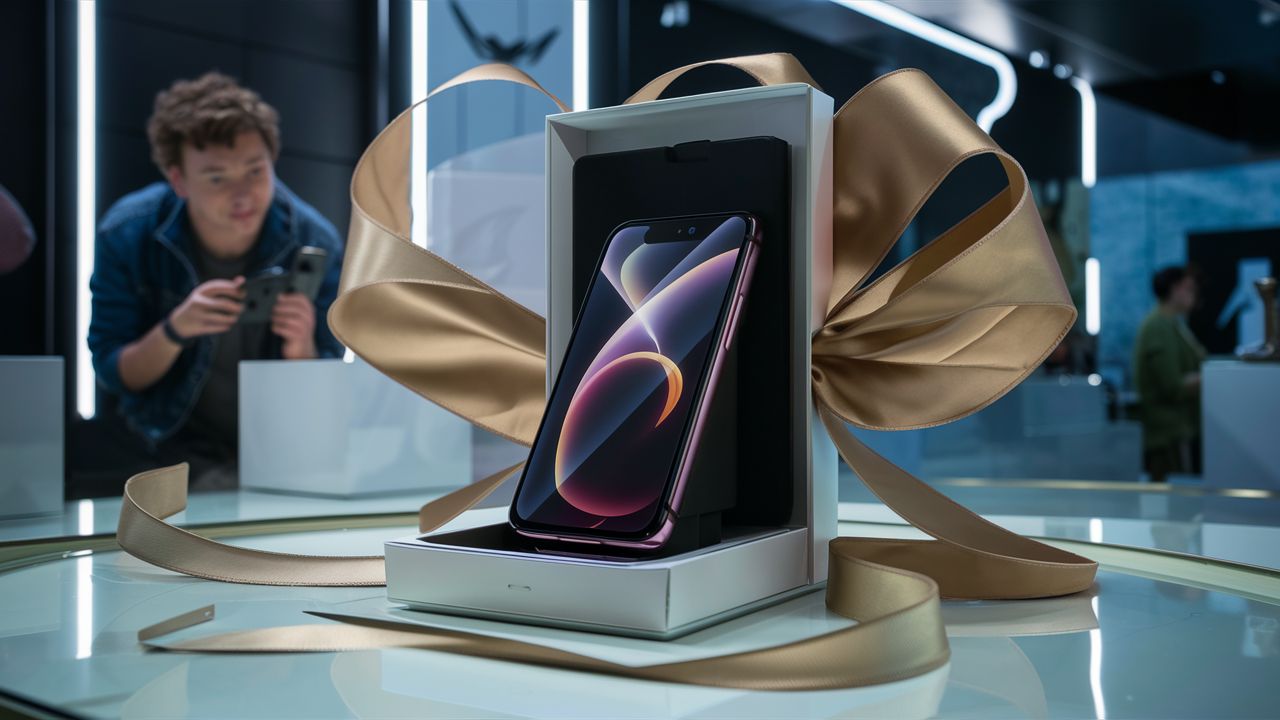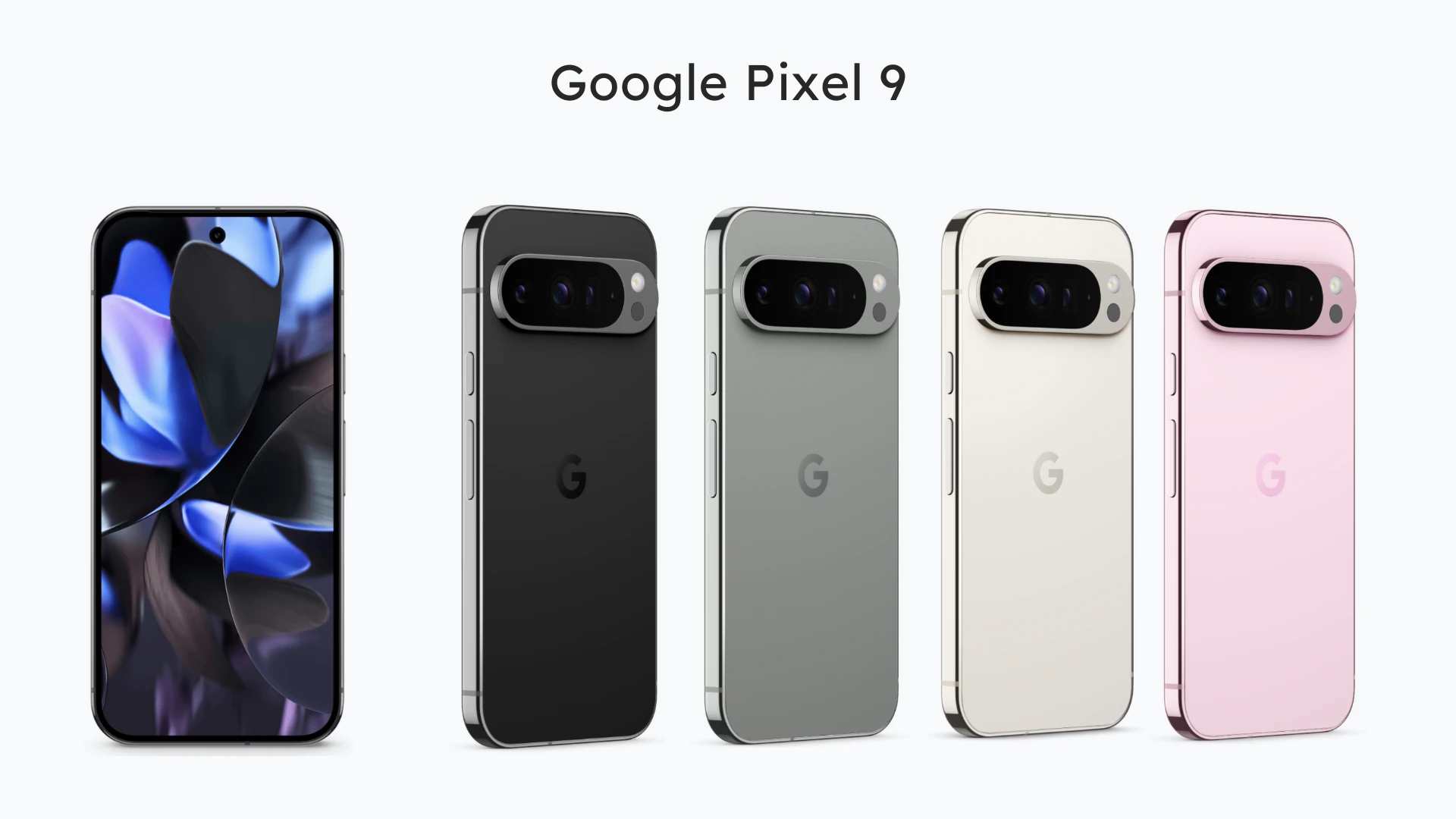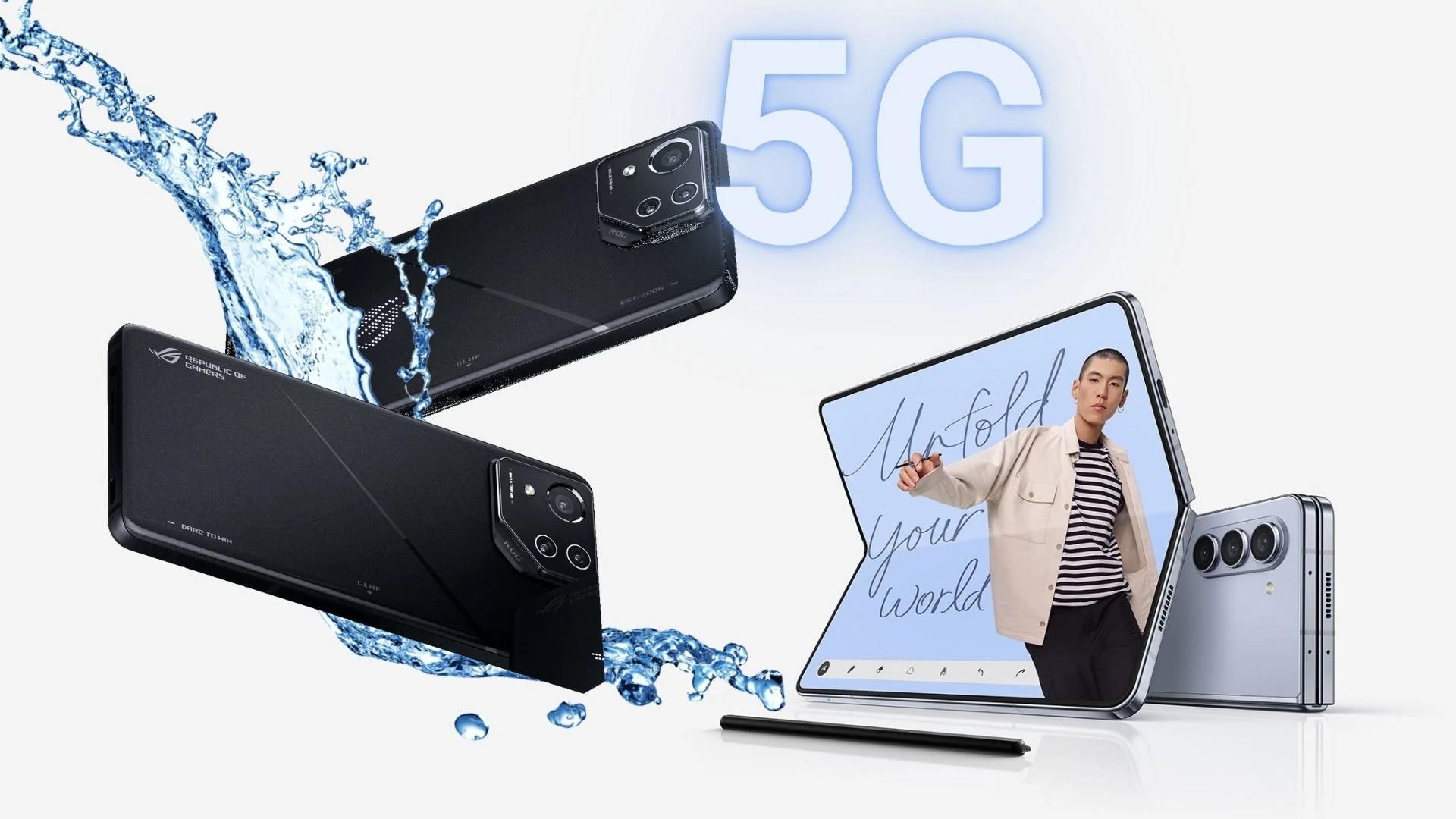It’s always exciting to upgrade to a new smartphone. You get to enjoy new features, better performance, and a fresh start. But have you ever wondered what motivates people to make this switch? There are many reasons behind smartphone upgrades, and different factors influence peoples’ purchase decisions. We’ll explore the reasons people switch phones, using recent data from Android Authority’s poll to understand the dynamics of this tech trend.
Design
Smartphone makers always come out with new designs and eye-catching colors. It’s no surprise that design plays a major role in upgrades. People want the latest and greatest-looking phone or just something fresh and exciting.

Camera Capabilities
Ever since social media exploded and everyone became all about pictures and videos, phone cameras have become a big deal for upgrades. That’s why new phones come with advanced camera systems, multiple lenses, high-quality sensors, and features like image stabilization that help you get amazing picture quality, no matter what.
New Features and Technologies
New features and technologies like foldable displays, super-fast 5G, AI-powered assistants, and fancy vibration effects, for example, are all great reasons to upgrade. These features are game-changers for how you use your phone.

Performance and Battery Life
Nobody likes a slow phone. That’s why upgrades are tempting when it comes to speed and battery power. Newer phones are basically tiny computers now, with lightning-fast processors, lots of memory, and software that makes everything run smoothly. This means you can do a million things at once, open apps in a second, and play games without any annoying lag. Plus, battery tech keeps improving; new phones can last all day and charge up quickly.
Software Updates and Security
Keeping your phone’s software up to date is important. Updates fix bugs, add new features, and, most importantly, keep your data safe. Older phones eventually stop getting these updates, leaving them exposed to security risks and you miss out on all the latest things. Upgrading to a new phone means you’ll always have the latest software and the best protection for your digital life.
Other Factors
- Storage capacity: As you have more photos, videos, apps, and other data, you will need a device with more storage space.
- Screen size and quality: Larger displays with higher resolutions and refresh rates make games, streaming, and video editing more enjoyable.
- Durability and ruggedness: If you are an adventurer or work in extreme environments, upgrading to a new phone that can handle drops, shocks, and extreme temperatures can be a lifesaver.
- Brand loyalty: Some people remain loyal to a brand they know and love and always upgrade to the latest model from that brand because it’s just comfortable.
Everyone upgrades for different reasons. Some need a speed boost and a longer battery life, while others want the best camera for capturing life’s moments. Maybe that new fancy feature or a sleek design is the clincher. No matter what, the choice is yours! And with technology always improving, these reasons will keep changing as phones get even more awesome.
FAQs
How often should I upgrade my phone?
You should consider upgrading your phone based on your needs. If your phone is slow, has poor battery life, lacks storage, or doesn’t receive updates anymore, it might be time for an upgrade.
Are there ways to extend the life of my current phone before upgrading?
Try freeing up storage. Delete unused apps, photos, and videos, and try updating the software. If your battery life is significantly reduced, consider a battery replacement. Use a case and screen protector to protect your phone from damage.
What features are most important to consider when upgrading?
This depends on your individual needs. You should consider key factors like camera quality, performance, battery life, software updates, storage space, and screen size. Consider which features are most important for how you use your phone.





